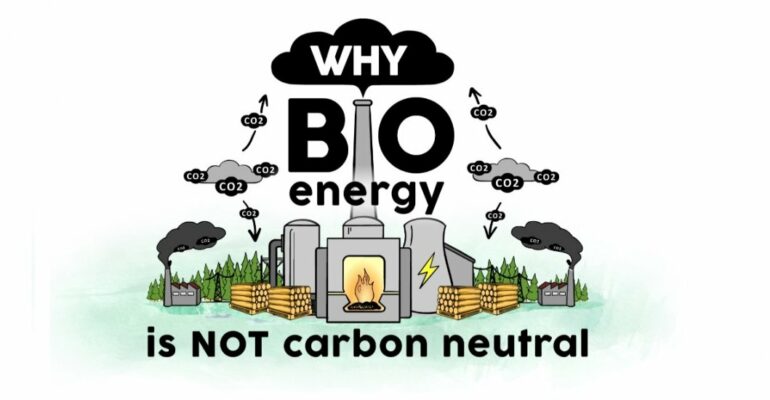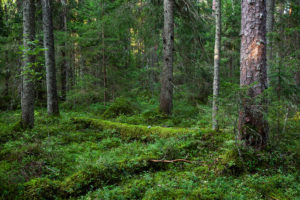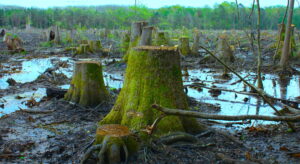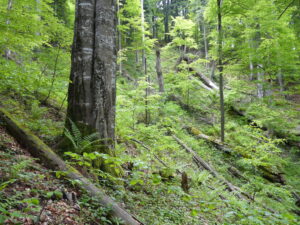Why bioenergy is actually bad for our planet
By Kenneth Richter, Bioenergy consultant at BirdLife Europe & Central Asia
Over 100 organisations from across the globe have published a joint declaration calling on governments, financiers, companies and civil society to halt the expansion of the
biomass-based energy industry and to move away from its use.
Bioenergy (energy from the burning of biological materials, mostly wood) has long been mistakenly regarded as a renewable and carbon neutral form of energy, like solar and wind. However, growing awareness of the actual climate impacts of burning forest biomass and related social and environmental impacts have radically changed this view.
We now know that burning forest wood for large-scale energy production threatens biodiversity and climate resilience. Indeed, using forest biomass for energy can entrench, intensify and expand logging. This degrades forest ecosystems, depletes biodiversity and soils and harms forests’ ability to deliver essential ecosystem services like clean drinking water, flood protection, and clean air.
At the same time demand for biomass can exacerbate conflicts over land and forest resources, and lead to land grabbing. This threatens the rights, interests, lives, livelihoods and cultural values of indigenous and tribal peoples and local communities. Crucially bioenergy is not a climate solution as it is definitely not a carbon neutral form of energy and can even result in higher climate-changing emissions than fossil fuels.
Protecting and restoring the world’s forests is a climate change solution, burning them is not. The video below explains why burning forest biomass is resulting in additional climate emissions, contrary to popular misconception.





